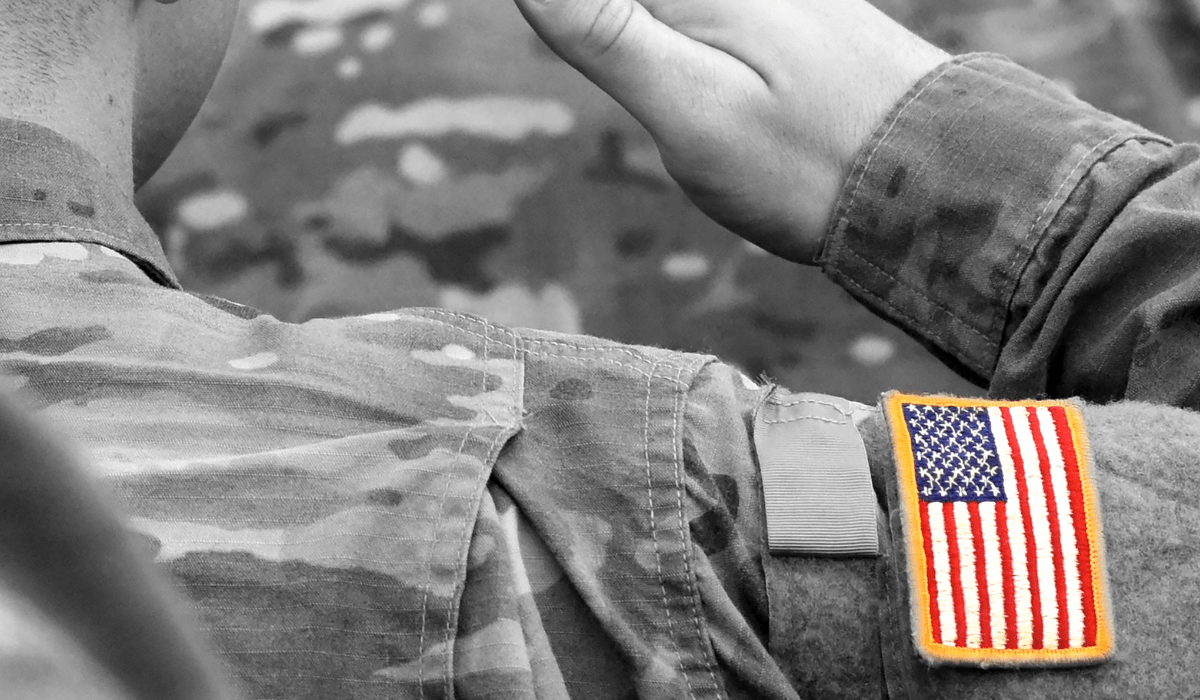
- Criminal Law
- Misdemeanors
- Drug Crimes
- Speeding and Moving Violations
- Drunk Driving / DUI / DWI
- White Collar Crime
- Felonies
What Is a Plea?
A plea is a defendant’s answer to a factual matter. In criminal law, a plea is a defendant’s formal response of guilty, not guilty or nolo contendere to a criminal charge.
Types of Pleas
- Guilty – A plea by a defendant admitting that he committed the offense or crime charged. A guilty plea is a complete admission of guilt to the charge and a waiver of all rights. A guilty plea must be made with the consent of the court.
- Not Guilty – A plea where the defendant denies the charges against him. The burden remains on the city, state, or federal government to prove its case beyond a reasonable doubt.
- Nolo Contendere (no contest) – A plea entered by a defendant that does not admit guilt, but that subjects the defendant to punishment, while allowing the defendant to deny the alleged facts in other proceedings. For purposes of sentencing a defendant, a plea of no contest is equivalent to a plea of guilty. However, a no contest plea differs from a guilty plea because it cannot be used against the defendant in other proceedings. For example, a plea of no contest by a defendant to a criminal assault charge will result in the defendant being convicted and sentenced for the criminal assault. But the no contest plea cannot be used in a civil suit against the defendant. A no contest plea must be made with the consent of the court.
- Failure to enter a plea – If the defendant refuses to enter a plea or does not appear, the court must enter a plea of not guilty.
Plea Bargaining
A plea bargain is an agreement in a criminal case where the prosecutor and the defendant arrange to settle the case. The defendant agrees to plead guilty to a lesser offense, lesser punishment, or to a smaller number of offenses than originally charged. Plea bargains are subject to the approval of the court.
The Court Must Consent to a Guilty or No Contest Plea
- Before the court accepts a plea of guilty or no contest, the defendant must be placed under oath and it must be determined that the defendant understands:
- His constitutional rights, including the right to counsel.
- The nature of the charges to which the defendant is pleading guilty or no contest.
- The waiving of the constitutional right to trial, right against self-incrimination and the right to cross-examination of accusers.
- The consequences of a plea of guilty or no contest including, any possible incarceration, probation and/or fines.
- The court must also determine that the plea was made voluntarily and did not result from force, threats, or promises (other than plea bargaining).
- Before entering a judgment on the plea, the court must first determine that there is a factual basis for the plea. The court must independently investigate that there is some reasonable cause to believe the defendant committed the crime. The court may satisfy this inquiry through statements and admissions from the defendant or his counsel, through police reports, or through a preliminary hearing or grand jury transcripts.
Withdrawing a Guilty or No Contest Plea
A defendant may withdraw a plea of guilty or no contest for any reason before the court accepts the plea. After the court accepts the plea, but before the court imposes sentencing, the defendant may withdraw a plea of guilty or no contest only if:
- The court rejects the plea agreement
- The defendant can show a fair and just reason for withdrawing the plea
After the court imposes a sentence, the defendant may not withdraw a plea of guilty or no contest.
Right to Appeal a Guilty or No Contest Plea
Generally, a defendant will waive his right to appeal the plea in the plea agreement. A defendant can appeal a plea agreement only if it was entered into involuntarily, unknowingly, or without knowledge of the consequences of the plea.
What Can You Do If You Are Accused of a Crime?
If you are accused of a crime, you should speak to a criminal defense lawyer immediately to learn more about your rights, your defenses, and the complicated legal system.
Defending Service Members Globally
Wherever Duty Calls, Our Defense Follows




